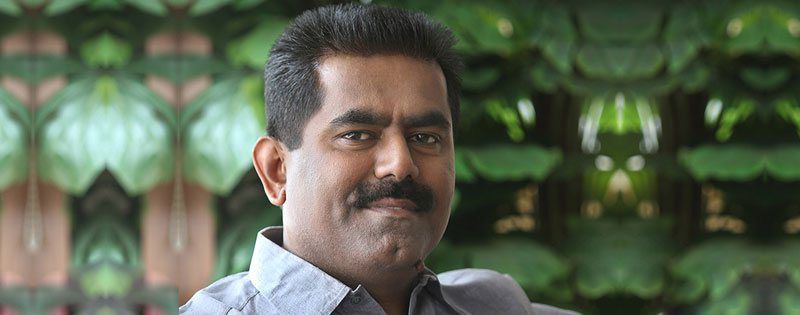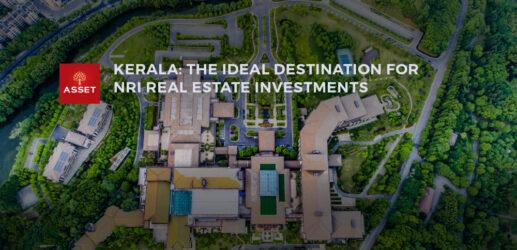Message From MD – June 2019
01 June 2019

Dear friends,
The great festival of democracy – as elections are often called – is seen as the most challenging exercise in making all Indians feel that they have a say in the running of the government. And the return of Narendra Modi as Prime Minister is both an opportunity and challenge for the country. The management of the election campaign by the victorious team need to be analyzed and understood from a different angle other than the evening political debates on the channels.
“An insincere critic of a sincere person never wins.”
― Criss Jami.
The resounding victory of the BJP and NDA in the elections represents a key marker in the history of India. It was the most extensive and probably the most expensive election campaign in the country’s history, with ninety crores of people casting their votes in ten lakh polling stations in forty days. The 2019 elections were the most “presidential” since the era of Prime Minister Indira Gandhi, with a focus more on the personality of one leader and his track record than the individual candidates. Modi was projected as the ONE and ONLY leader who could revive the great Indian civilisation and save the country from the so-called “anti-national” opposition. At times, during the campaign, his personality assumed almost mythological and monk-like proportions too. In contrast to this imagery, the opposition parties ran totally lethargic, untimely, mindless, tedious and old-school campaigns that failed to have any impact.
India was experiencing a revolution in toilet-building. Before Prime Minister Narendra Modi came to power, less than 40 percent of the country’s population had access to a household toilet – a situation he vowed to change by investing crores of rupees. He launched the Swachh Bharat Abhiyan campaign with the goal of eliminating open defecation and manual scavenging within five years. Since the campaign was launched, more than eight crore toilets have been built in India. More than 400 districts are now classified as being open-defecation-free. The share of the population with access to a toilet has also been rising steadily and it currently stands at 89 percent, according to reliable sources. The social welfare schemes built around toilets, cooking gas, and direct cash transfers to the poor have had tremendous impact across the country. Surprisingly, even the more woolly-headed schemes of the Modi government, such as his chaotic demonetization decision of 2016, and poorly implemented introduction of GST and RERA were perceived by many voters as policies that were well-intentioned, but badly executed by the toxic bureaucracy seeking to undermine Modi. In part due to these social welfare schemes, the BJP expanded its presence in areas where it previously had little success.
So the learning for me is the success formula which was a combination of: 1) absence of a potential alternative, 2) thrust on daily basic needs, 3) successful suppression of failures, 4) ultra nationalism and 5) a great political machinery.
So, what can we expect from a BJP-led government for the next five years? Based on what we have seen since 2014, the government will be centralised and driven primarily from Modi’s office. Fortunately, the messiness of Indian democracy and the strengths of the constitution will prevent the country from leaning towards authoritarianism, so that should not be a concern. The previous Modi government had taken a pragmatic approach to social and economic policies. There are many key challenges that will require a fine balancing act. A further liberalization of the economy with huge reforms is needed to make it easier to do business in India and attract more foreign direct investment. Creating jobs and skills training for the young Indians remains a formidable challenge, so also do India’s struggling agriculture and construction sectors, which have reached a crisis point. It remains to be seen if the activism of the BJP’s cadre members in the so-called Hindutva movement can be managed without compromising on the key policies that India needs for the social cohesion and the continuous growth of the economy. Modi has to continuously reassure ethnic and religious minorities that they are part of an inclusive vision for the country. In terms of foreign policy, Modi has demonstrated deftness in our relations with powers like China and the US, as well as other countries in the region. There are sure to be newer and bigger challenges with Pakistan, but Modi has already shown he has a unique ability to build a personal rapport with other leaders.
As a business organization, let’s look forward to new opportunities and possibilities under a stable government. Progress and prosperity never happen accidentally but through consistent efforts and hard work. Let’s all hope for a better tomorrow – for an India without fear, frustration and favouritism.
Regards,
Sunil Kumar V








